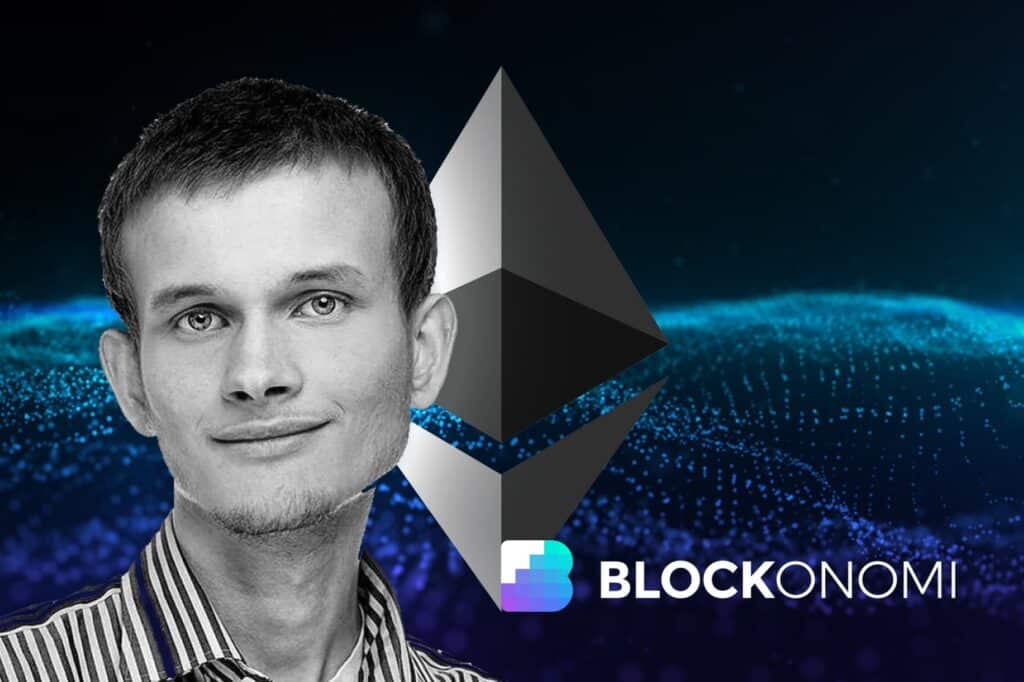Vitalik Buterin suggested that Ethereum’s entry barrier should be lowered for verifications

TLDR
Vitalik Buterin has proposed reducing Ethereum's validator limit from 32 ETH to 1 ETH. The idea is to improve network accessibility and speed up block verifications for the decentralized “single-slot end” feature. The current 32 ETH standard is seen as a barrier to small participants. It allows
Vitalik Buterin, the founder of Ethereum, proposed to change how people can participate in validating transactions on the Ethereum network.
The main idea is to lower the amount of Ethereum (ETH) needed to become a validator from 32 ETH to 1 ETH.
Currently, to help run the Ethereum network, you need to lock in 32 ETH. That's a lot of money for a lot of people. Buterin thinks that this high rate will stop many people from participating.
It wants to help more people join and keep the network safe.
Buterin says, “Lowering the minimum stake to 1 ETH solves the problem of preventing more people from monopolizing.”
This means that instead of looking for around $100,000 worth of ETH (at current prices), one can start securing around $3,000.
The goal of this change is to make Ethereum more open to everyone. Currently, because it costs a lot to become a verifier, only a few people or large companies can do it.
By reducing the required amount, Buterin hopes that more regular people will be able to participate.
But making this change is not easy. If there are suddenly too many validators, it can slow down how quickly the network verifies transactions.
Buterin also suggests something called “single slot finality” to fix this. This will allow transactions to confirm much faster than they do now.
Currently, it takes about 15 minutes for a transaction to be fully confirmed on Ethereum. With Buterin's new idea, this can happen in just 12 seconds. This makes using Ethereum much faster for everyone.
The Ethereum community has been talking about these issues for a long time. Many people looking to help run the network find the current 32 ETH requirement too high.
If Buterin's proposal is approved, it would allow thousands more people to become certified.
However, before any changes are made, many tests must be done. The Ethereum team needs to ensure that allowing more people to join as validators does not cause problems to the network. They have to make sure that everything still works smoothly and safely.
This proposal is part of Ethereum's continuous improvement efforts. Last year, the network made major changes, such as switching from proof-of-work to proof-of-stake. This new proposal continues the trend of trying to make Ethereum more accessible and efficient.
If approved, this change could represent a major change in how Ethereum works. It can make the network decentralized by allowing more people to participate in running it.
This corresponds to one of the main goals of cryptocurrency: to create financial systems that are open to everyone, not just a few big players.













